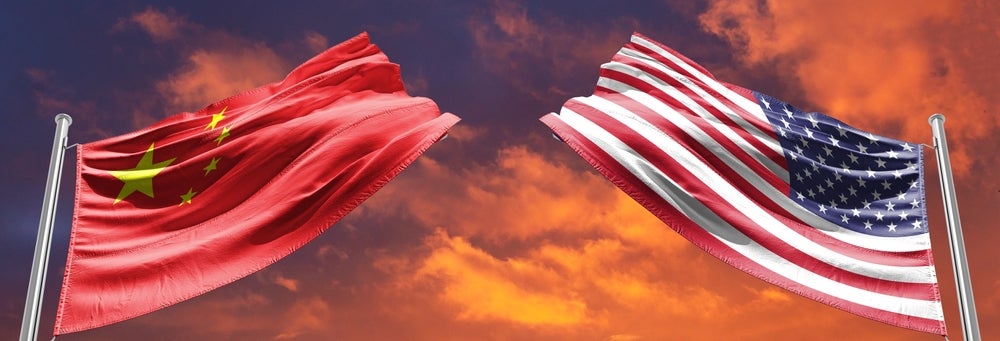U.S. Senate Majority Leader Chuck Schumer last weekend led the first Congressional delegation to China since 2019, visiting a number of Chinese cities, meeting a number of high-level government officials, and even with the man himself: Chinese President Xi Jinping.
Both sides have called this meeting productive and reports in the press suggest that, in the careful world of international diplomacy, it suggests Xi will attend a summit of Pacific Rim nations in San Francisco next month where he will meet face to face with U.S. President Joe Biden.
It’s all part and parcel of the diplomatic focus the U.S. government has trained on China since Balloon-Gate blew everything up earlier this year. U.S. Secretary of State Antony Blinken visited to help get everybody talking again. U.S. Treasury Secretary Janet Yellen established a pair of “economic working groups” with her counterparts. U.S. Commerce Secretary Gina Raimondo went to Shanghai Disneyland. Even John Kerry, the Biden administration’s envoy on climate change, was in Beijing this summer to talk with Chinese officials about how we’re all cooking the planet by continuing to burn fossil fuels.
But what made the Schumer delegation stand out was its bipartisanship. Sens. Mike Crapo (R-ID), John Kennedy (R-LA) and Bill Cassidy (R-LA) were part of the group, as were Sens. Maggie Hassan (D-NH) and John Ossoff (D-GA), and it provides further evidence that the American side wants Sino-U.S. relations to be less heated and more predictable. And this is not a terrible idea when you’re talking about interactions between nuclear-armed states with huge militaries and economies.
We should, however, keep the Trump-era Section 301 tariffs on China in place.
Yes, that’s right. Donald Trump was many things, including hard to predict – here he is this past weekend, talking about “The Silence of the Lambs”, as one typically does during a campaign speech – but U.S. trade policy regarding China went through a necessary rearrangement during his administration, and the Section 301 tariffs enacted during his time in the White House are its chief result.
The United States for years ran hundreds of billions of dollars in annual goods trade deficits with China. With the tariffs in place to provide some relief from Chinese import competition, and now with something like a bona fide industrial policy to complement them, the supply chains on which the U.S. relies have begun to diversify. There are factories – long term investments that will pay economic dividends for years to come – being built across the country. They represent the industries of the future, and it looks like they’re gonna be good union jobs. The tariffs laid the groundwork for that.
The Chinese government obviously doesn’t like these tariffs and wants them removed. The complaints against Chinese trade policy that raised them in the first place haven’t been addressed. China still heavily subsidizes key industries to the point of overcapacity, and looks likely to try to export its way out of its current economic doldrums.
And hey: Good luck with that! But the United States shouldn’t be the destination for those inevitably dumped imports. Make nice with the Chinese, engage with its leadership, sure. But the tariffs should stay up, and the U.S. should continue to improve its industrial resilience.
To read the full blog post, click here

